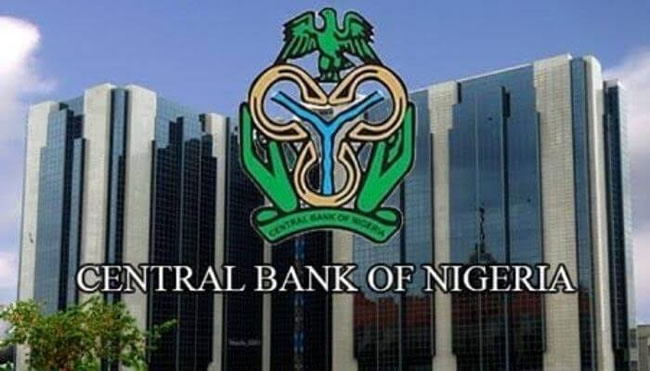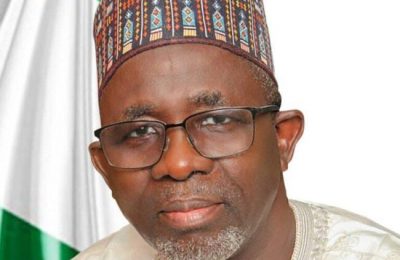A new financial inclusion survey by EFIna has shown that nearly 3 in 5 adult Nigerians or 74 percent have access to financial services, compared to the 2020 report which showed that more than 1 in 3 Nigerian adults remained excluded.
This is even as Yemi Cardoso, governor of the Central Bank of Nigeria (CBN), on Wednesday called for concrete commitment towards achieving 95 per cent financial inclusion.
He said this in Lagos at the unveiling of the Access to Financial Services in Nigeria (A2F) 2023 survey report by EFIna.

Represented by Chibuike Nwaegerue, director, other financial institutions (OFIs), he charged financial institutions to set up a dedicated unit in their various organisations, adding that to achieve major economic goals through Financial Inclusion, stakeholders must work towards addressing infrastructural issues in underserved areas like broadband penetration and digital identification.
According to the governor, over the last 15 years, the proportion of formally served adults has more than doubled from 24 percent recorded in 2008 to 64 percent in 2023.
He said: “To achieve major economic goals through Financial Inclusion, stakeholders must work towards addressing infrastructural issues in underserved areas like broadband penetration and digital identification.
“I am glad that Financial Inclusion stakeholders like the Nigerian Communications Commission and the National Identity Management Commission have made great strides in that respect.”

Over the past couple of years, financial inclusion stakeholders have made tremendous efforts in expanding financial service access through the rapid deployment of agents, and the development of a mix of products suitable for the financially excluded demographics. Very recently, the Central Bank of Nigeria issued a guideline on linking Tier 1 accounts to the Bank Verification Number (BVN) and National Identification Number (NIN) in a bid to ensure that the Banking space is safe for the financially excluded and the economy at large.
“We therefore call on all stakeholders to continue to come up with innovative means through which Financial Inclusion can be leveraged to achieve the economic growth we desire.
In addition to already existing strategies, the Bank, he added, will focus more on the role of formalisation to support the conduct and transmission of Monetary Policy.
Financial inclusion broadens the reach of monetary policy by increasing the number of individuals and businesses participating in the formal financial system, Cardoso explained, adding that this expanded participation provides additional channels through which changes in interest rates and other policy tools can influence economic activity.
According to him, as data is the main crux of this event, the CBN, according to him, would continue to leverage data for policymaking and to strengthen monetary policy transmission.
The Governor’s address was closely followed by an address by the Director General, Securities and Exchange Commission (SEC), who was ably represented by Mr. Dayo Obisan (Executive Commissioner in charge of Operations), who shared the Capital Market’s efforts in deepening financial inclusion and the strides that have been made since 2015 with the ten-year Capital Market master plan which had a focus on financial inclusion.
Following the addresses, the 2023 A2F Survey’s findings which essentially serve as Nigeria’s report card on financial inclusion were presented by the A2F Research Lead, Dr. Oluwatomi Eromosele. The insights shared measured financial inclusion in terms of access, usage, quality, and impact. Key highlights shared include: notable decline in the proportion of adults who rely on informal financial providers from 14 percent in 2020 to 10 percent in 2023; over the last 15 years, the proportion of formally served adults has more than doubled from 24 percent recorded in 2008 to 64 percent in 2023; despite growth in access, certain demographic gaps continue to persist in Nigeria.
READ ALSO FROM NIGERIAN TRIBUNE







